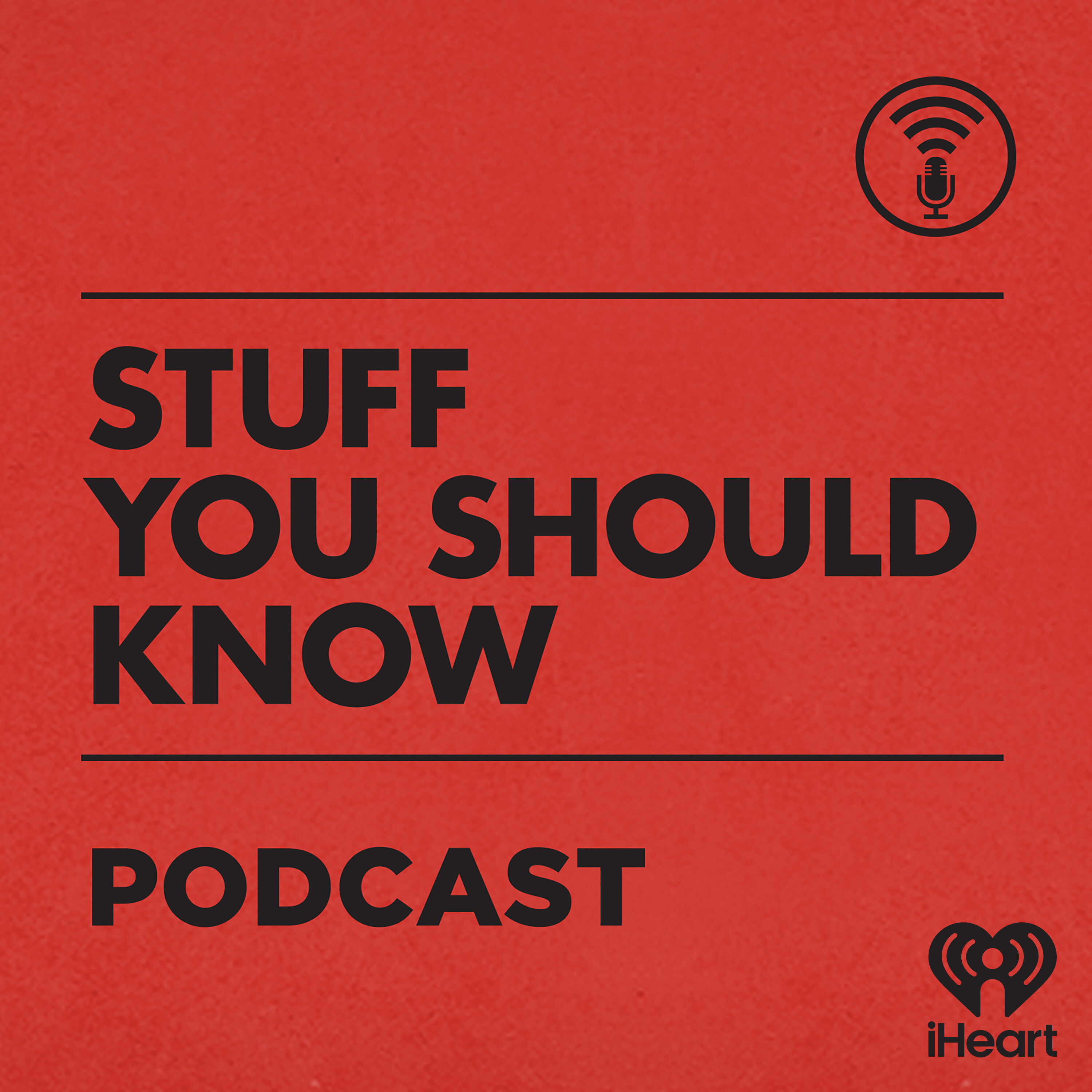Episode
Chapters
The host discusses his newfound passion for New York Times crossword puzzles and shares his experience with starting from beginner-level puzzles and progressing to more challenging ones.
00:00 - 02:21 (02:21)
Summary
The host discusses his newfound passion for New York Times crossword puzzles and shares his experience with starting from beginner-level puzzles and progressing to more challenging ones.
EpisodeCrosswords episode, perhaps?
PodcastStuff You Should Know
This podcast episode dives into the history of crossword puzzles and the woman who helped codify the rules of the game we know today.
02:21 - 06:52 (04:31)
Summary
This podcast episode dives into the history of crossword puzzles and the woman who helped codify the rules of the game we know today.
EpisodeCrosswords episode, perhaps?
PodcastStuff You Should Know
Simon and Schuster started promoting crossword puzzles in the 1920s, after Richard Simon's aunt pointed out how much fun they were.
06:52 - 09:37 (02:45)
Summary
Simon and Schuster started promoting crossword puzzles in the 1920s, after Richard Simon's aunt pointed out how much fun they were. Although early versions weren't always symmetrical, they paved the way for what would eventually become a beloved hobby.
EpisodeCrosswords episode, perhaps?
PodcastStuff You Should Know
In this episode, the hosts discuss the process of creating crossword puzzles without the use of black squares, requiring the use of 15-letter words across and down.
09:37 - 12:50 (03:13)
Summary
In this episode, the hosts discuss the process of creating crossword puzzles without the use of black squares, requiring the use of 15-letter words across and down.
EpisodeCrosswords episode, perhaps?
PodcastStuff You Should Know
The rise in popularity of cryptic crosswords has caused some controversy as it is seen as a time-consuming activity.
12:50 - 16:31 (03:40)
Summary
The rise in popularity of cryptic crosswords has caused some controversy as it is seen as a time-consuming activity. However, the clever and challenging nature of the clues has kept enthusiasts engaged.
EpisodeCrosswords episode, perhaps?
PodcastStuff You Should Know
The New York Times crossword, which has been edited by Will Shortz for over 30 years, has a significant impact on its readers and has far-reaching effects on conversation and interaction.
16:31 - 24:18 (07:47)
Summary
The New York Times crossword, which has been edited by Will Shortz for over 30 years, has a significant impact on its readers and has far-reaching effects on conversation and interaction.
EpisodeCrosswords episode, perhaps?
PodcastStuff You Should Know
This episode discusses the dislike people have towards puzzles and wordplay by comparing it to crosswords and the different ways words are used in writing.
24:18 - 28:54 (04:35)
Summary
This episode discusses the dislike people have towards puzzles and wordplay by comparing it to crosswords and the different ways words are used in writing.
EpisodeCrosswords episode, perhaps?
PodcastStuff You Should Know
The New York Times crossword has evolved over the years, becoming more diverse and inclusive.
28:54 - 32:13 (03:18)
Summary
The New York Times crossword has evolved over the years, becoming more diverse and inclusive. The puzzle now includes clues that reference people of color and different cultures, while also featuring contributions from a wider variety of people, including teenagers.
EpisodeCrosswords episode, perhaps?
PodcastStuff You Should Know
The host discusses the types of themes he enjoys seeing in crossword puzzles and why constructors like to use multi-lettered answers for their themes.
32:13 - 36:31 (04:17)
Summary
The host discusses the types of themes he enjoys seeing in crossword puzzles and why constructors like to use multi-lettered answers for their themes.
EpisodeCrosswords episode, perhaps?
PodcastStuff You Should Know
A New York Times columnist shares tips for efficiently solving crosswords, and a story is shared about spending 313 days in space that changed the world.
36:31 - 41:46 (05:14)
Summary
A New York Times columnist shares tips for efficiently solving crosswords, and a story is shared about spending 313 days in space that changed the world.
EpisodeCrosswords episode, perhaps?
PodcastStuff You Should Know
The speaker shares his cheat to solve crossword puzzles and offers a tip on how to spot puns and wordplays in the clues.
41:46 - 48:42 (06:55)
Summary
The speaker shares his cheat to solve crossword puzzles and offers a tip on how to spot puns and wordplays in the clues.
EpisodeCrosswords episode, perhaps?
PodcastStuff You Should Know
The New York Times crossword puzzles are created and edited by a team who do not use auto-fill technology, but instead assemble the puzzle grid and clues by hand.
48:42 - 52:52 (04:10)
Summary
The New York Times crossword puzzles are created and edited by a team who do not use auto-fill technology, but instead assemble the puzzle grid and clues by hand. Constructor and editor Deb Amlen offers an in-depth look into the assembly line process of creating NYT crossword puzzles.
EpisodeCrosswords episode, perhaps?
PodcastStuff You Should Know
Crossword puzzles have made a comeback since the 70s and have been shown to be beneficial for brain training and staving off dementia.
52:52 - 57:56 (05:03)
Summary
Crossword puzzles have made a comeback since the 70s and have been shown to be beneficial for brain training and staving off dementia. Studies have also shown that doing crosswords can increase IQ test scores when advertised as brain training.
EpisodeCrosswords episode, perhaps?
PodcastStuff You Should Know
Recent research has found no evidence that possums eat ticks in the wild, contrary to the popular myth that they consume thousands of ticks per year to control tick populations.
57:56 - 1:00:43 (02:46)
Summary
Recent research has found no evidence that possums eat ticks in the wild, contrary to the popular myth that they consume thousands of ticks per year to control tick populations.
